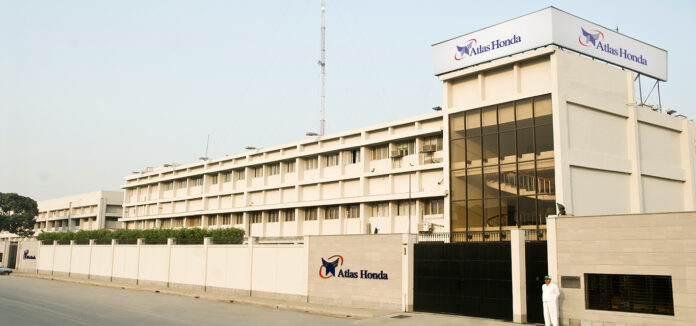In a move that appeared designed more to appease shareholders than to chart a serious course for the future, Honda Atlas Cars (Pakistan) Ltd has announced its intention to launch a hybrid electric vehicle (HEV) in the Pakistani market. But while the April 11 notice sent to shareholders marks the company’s first formal acknowledgment of plans to enter the hybrid space, the announcement lacked substance — omitting critical details such as the model name, production timelines, or rollout strategy.
At a time when Pakistan’s automotive sector is undergoing a tectonic shift toward electrification, Honda’s belated and vague declaration has left industry watchers and investors underwhelmed. Some see it as an effort to catch up with competitors already capitalizing on the hybrid and electric vehicle transformation. Others are questioning whether the company’s leadership fully grasps the pace and scale of disruption taking place in the domestic market.
The global transition to hybrid and electric vehicles is not a new phenomenon. Toyota, Hyundai, Kia, and even Chinese entrants like MG and BYD have been recalibrating their product offerings around cleaner, more fuel-efficient technologies for years. In Pakistan, this transition has accelerated since 2022, driven by regulatory reform, growing consumer awareness, and persistent macroeconomic stress tied to fuel imports and inflation. The content in this publication is expensive to produce. But unlike other journalistic outfits, business publications have to cover the very organizations that directly give them advertisements. Hence, this large source of revenue, which is the lifeblood of other media houses, is severely compromised on account of Profit’s no-compromise policy when it comes to our reporting. No wonder, Profit has lost multiple ad deals, worth tens of millions of rupees, due to stories that held big businesses to account. Hence, for our work to continue unfettered, it must be supported by discerning readers who know the value of quality business journalism, not just for the economy but for the society as a whole.To read the full article, subscribe and support independent business journalism in Pakistan

























